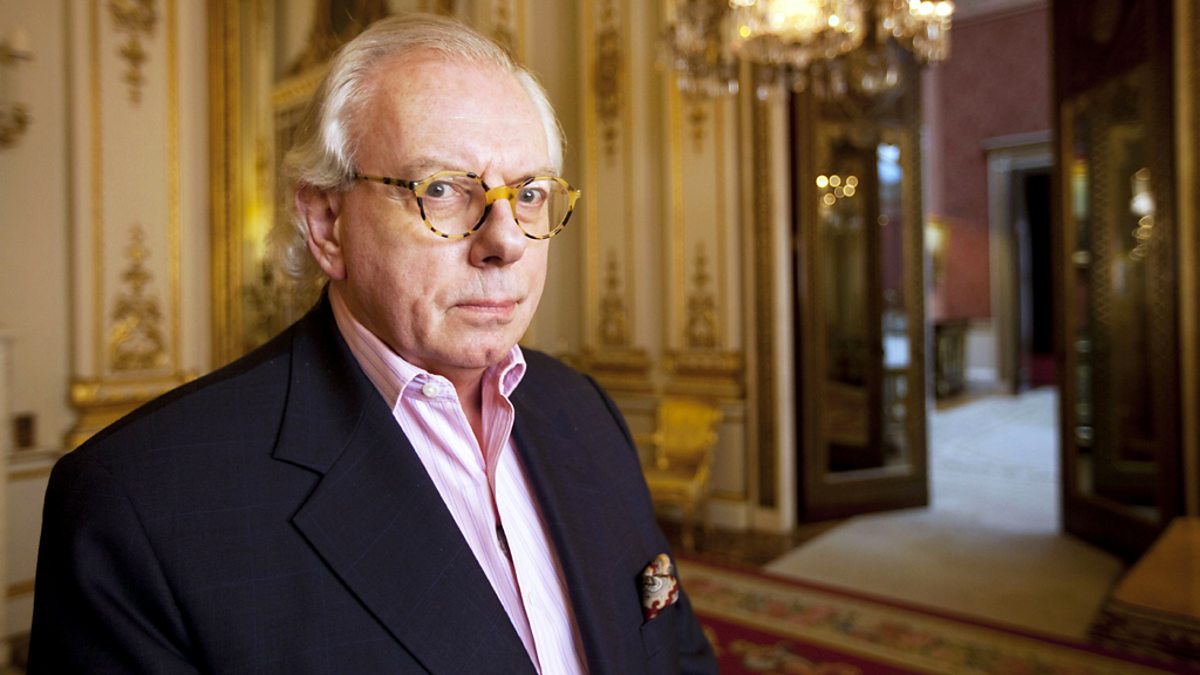

As he say in the preface, "if the result reads like a historical thriller, I shall be well pleased!" (p. He is up-to-date in his secondary scholarship, even while he uses popular language that sometimes makes the scholar uncomfortable.

The pull of the scholarly standard and the push of popular narrative are visible in this text, but Starkey has done a good job of uniting the two. It is an audience that wants to know about the perils of Elizabeth, and which is entertained by a strong historical narrative, so it cannot be expected to tolerate formal historical argument. Clearly this book is written for an audience that does not care whether he looked at PRO SP 10 in person. And most of the time we are absolutely correct in doing so, but in this case we have to pause and ask whether Starkey, who won his scholarly spurs and taught Tudor history at the London School of Economics, has united the worlds of popular media and scholarly rectitude. We distrust film's lack of nuanced interpretation and the security of footnotes.

Most historians faced with the "book of the film," let alone the film itself, are immediately skeptical. Sometimes referred to in the press as the "media don," Starkey's contributions to the public interest in the Tudors were recognized this year by the Historical Association, which awarded him the Medlicott Medal for Services to History. He is now engaged in a new television program on the six wives of Henry VIII and a new biography of that king. But before all his media activities, David Starkey, a student of Sir Geoffrey Elton, earned a PhD in Tudor history from Cambridge, writing a dissertation which is accurately described on Starkey's web site as "an underground classic." An expert on the household of Henry VIII, he interpreted Henry's court to the public in a superb Greenwich exhibition and edited the household inventories of Henry VIII. American audiences have known him as a commentator for NBC's coverage of the funeral of Princess Diana. Perhaps best known to BBC listeners as a radical libertarian panelist on Radio 4's The Moral Maze, he created the program David Starkey's Henry VIII in 1998. The popularity of the program and the biography was due in part to the subject matter, and in part to David Starkey's reputation and skills as a media personality. The release of this biography was timed to match the showing, and Elizabeth: Apprenticeship quickly entered the best seller list in Britain. This is the book of BBC 4's Elizabeth that ran in the UK in the spring of 2000. Reviewed by Norman Jones (Department of History, Utah State University)


 0 kommentar(er)
0 kommentar(er)
